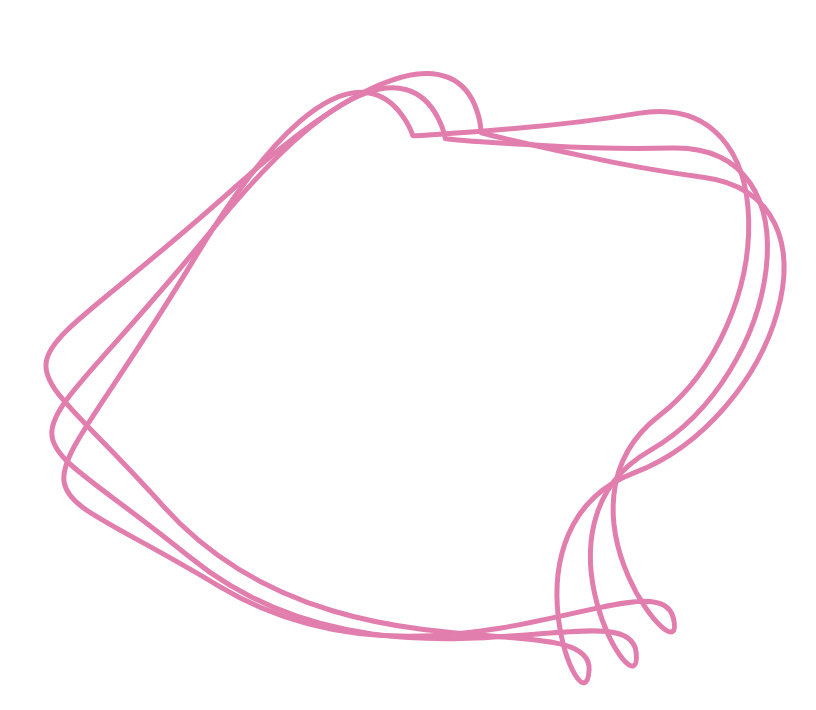Our Approach
The HEIDI Approach: the foundation of dynamic organizations
We do not dictate a “right” culture nor the one way of running your business. Knowing the complexity of organizations, the individuality of founders/ leaders and the different challenges for businesses there is no one-size-fits-all approach.
However, we do believe in basic/universal principles that we hold true to. We take them as the underlying foundation for everything we share and promote. We believe that these principles (HEIDI) are key to successfully developing sustainable leadership.

Humbleness & Diversity
In recent political and management history you find countless examples of overly confident behavior as reasons for failure (Trump, Brexit, Covid, Automotive). Confronted with huge complexity, it seems more favorable to be able to admit not knowing everything. Not overestimating the value of your own thoughts gives you the ability to create new ones. Humbleness becomes an accelerator of learning and personal development. Being able to change your mind evolves into one of the greatest gifts in a highly complex fast-changing environment. Different perspectives are vital to finding better solutions because they give us the chance to look at a problem from multiple directions and are essential to compete in a complex environment. We gain these perspectives by welcoming the diversity of thought which is based on the diversity of our brains. It is based on the structure of neuronal connections we built up through our life. Our brains are different because our stories are different. If we manage to create safe and trustful environments where people feel encouraged to bring their authentic stories to the surface, we can unlock their full potential.
Empowerment
The way we organize work today is mostly built on the idea of distrust. It is built on the thesis that people generally do not want to work or create value. Why should we otherwise monitor performance, control output, and lock people down for at least eight hours a day?
We know that the future will be dominated by creativity, and we also need to see its implications on how we organize work effectively. Freedom and autonomy will much more determine the productivity of an organization. This requires a shift in our leadership approach and how we empower people.
The main idea of empowerment lies within the creation of an operating system of an organization driven by the underlying assumption that people truly want to create value. As leaders, we’re responsible for providing a safe space, meaningful tools, and confidence to empower individuals and a team to create value. Whereas being in control was a core strength of a leader in the past, letting go of control for the sake of productivity is a core strength of a leader today. By this, leaders face a transition of their role as they turn from a content creator (what) to a system creator (how); from a motivational leader (director) to an inspiring ignitor (enabler).


Intrinsic Motivation & Purpose
The way we look at productivity seems to be blurred by an approach that puts output generated above value created. If we are honest with ourselves, then often what we call productivity is limited to the amount of work done within a certain time frame.
A reflection on whether this work was valuable or not is often missing. Still, we tend to tie employees to a pre-defined work schedule, to micro-manage them on projects due to missing trust, to work in stiff and ego-driven hierarchies. Yet, there might be better ways to increase our productivity: by offering the opportunity to match your own competencies and interests with ownership and autonomy and the right degree of challenge.
Motivational psychology taught us the incremental role of self-determination, thus being free of control and (too) high pressure to trigger. The opportunity to match your own competencies and interests with ownership and autonomy has a high chance to trigger the experience of intrinsic motivation. It’s almost a miracle when you watch people who follow their inner motivation when they see the purpose in what they do: it simply accelerates their productivity to a new level.
Dynamic Capabilities
The fundamental change in value creation is that we went from a resource economy to a network economy. In a network economy, the value of a company is not based on the assets a company owns, but on the unique connections, it builds between assets that it might not even own. Value generation moved from owning an asset to building up knowledge, and to enabling learning as knowledge keeps transforming at a very high pace.
This is why the dynamic capabilities of a company are becoming the major contributors to its value. How fast is an organization able to adapt in terms of structures and processes? How willing is it to question their ideas, thoughts, experiences, and re-focus their strategies? How much does the organization enable people to do dare to be wrong and to change? In the end, dynamic capabilities describe a company’s ability to build a truly antifragile operating system.


Identity
Creating a value-based organization means removing rules and processes as the way of operating and rather setting a frame determining the space in which people can create value. While rules easily become outdated and lead to huge inefficiencies, values enable individuals and teams to make decisions freely. This way, identity has a direct link to the operations of your organization, your performance.
By defining values for your organization, you do not only steer how you will function but also describe the personality of the org. You are creating an identity for your organization, what it stands for, and with it, consciously or not, you trigger a process of identification. Do the fundamental values of the people I hire match the ones of my organization? This bond goes beyond a usual work contract. It is the agreement towards a common mindset, mission, purpose and implies a deeper sense of belonging by sharing common values and beliefs.
